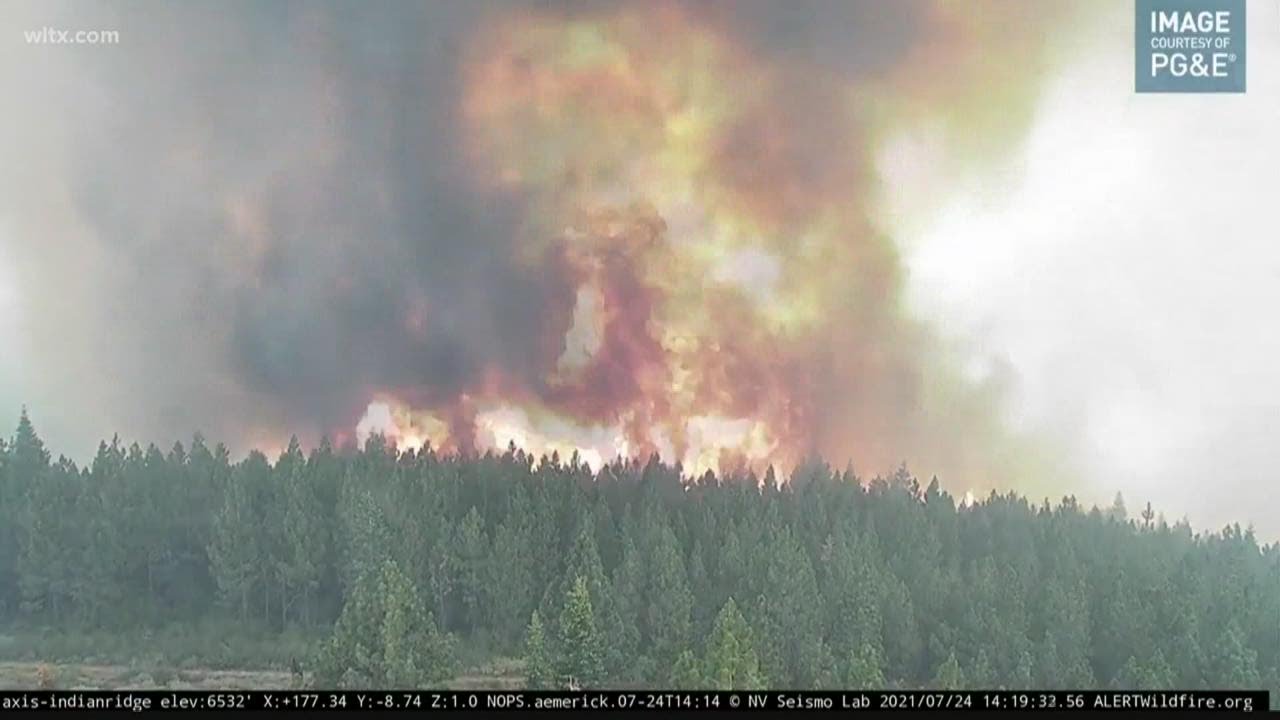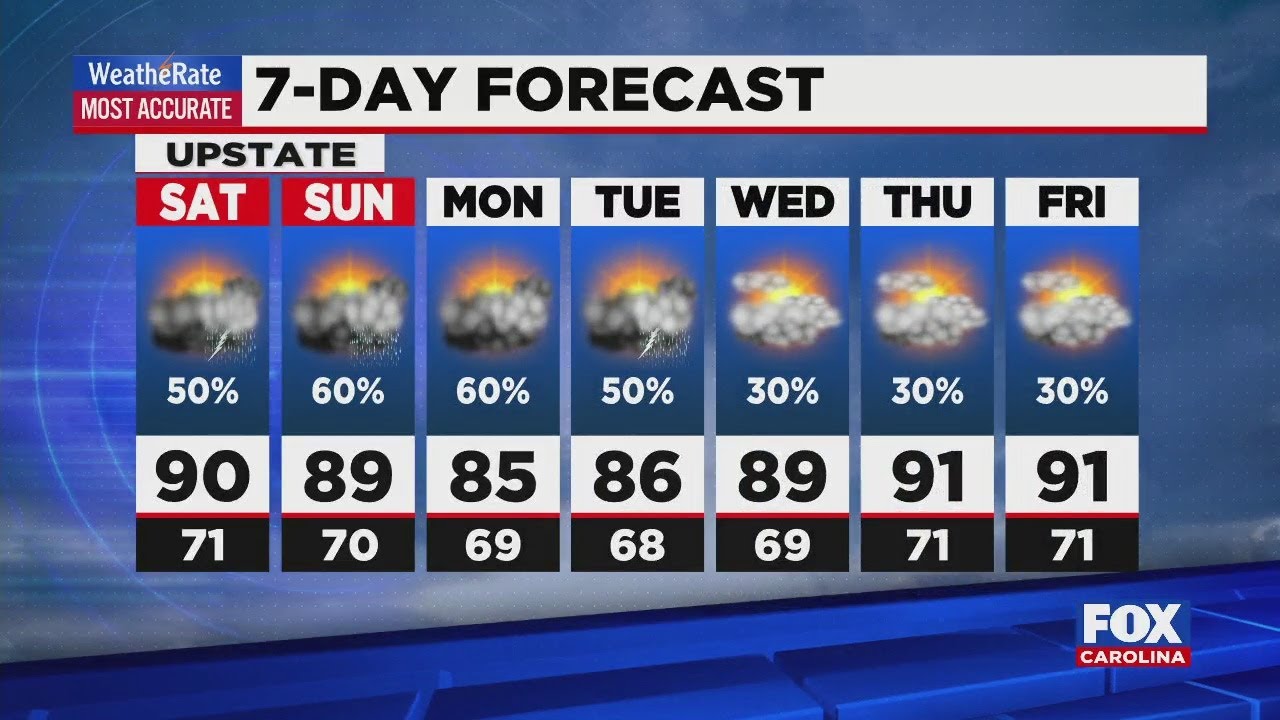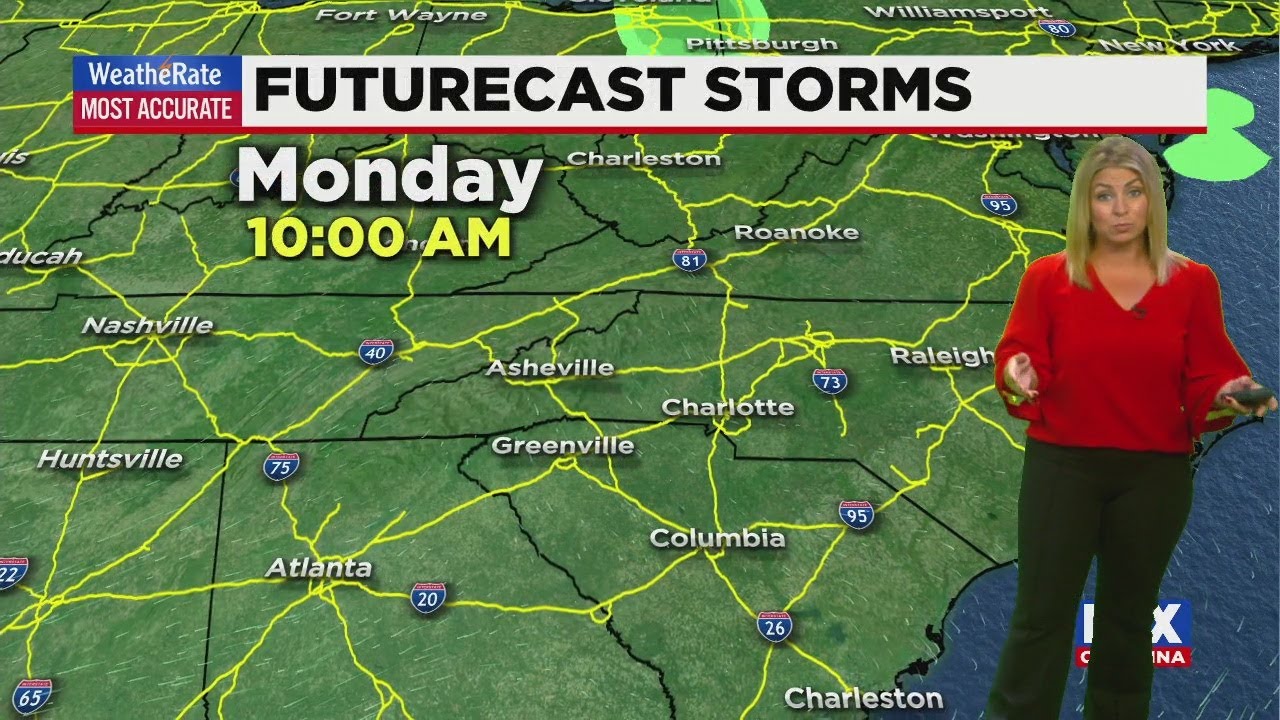
The Trump administration asked a federal judge on Tuesday to order former national security adviser John Bolton to stop the publication of his upcoming book on his White House tenure, arguing in a lawsuit that Bolton had breached non-disclosure agreements and was risking national security by exposing classified information.The suit, filed in Washington, DC, federal court, alleges that Bolton’s 500-plus page manuscript was “rife with classified information,” and prosecutors say that Bolton backed out of an ongoing White House vetting process for the book that he’d been obligated to do as a result of the agreements.”(Bolton) struck a bargain with the United States as a condition of his employment in one of the most sensitive and important national security positions in the United States Government and now wants to renege on that bargain by unilaterally deciding that the prepublication review process is complete and deciding for himself whether classified information should be made public,” prosecutors write.Read the lawsuitThe lawsuit marks the most significant escalation of a months-long battle between the White House and Bolton over the release of the book, which is billed as an insider’s rebuke of President Donald Trump’s foreign policy. The legal approach in the case is one of the more extreme attempts in recent years to stop a former Trump adviser from recounting his experience, and the administration’s longshot attempt to stop the book’s publication raises major First Amendment implications.Bolton’s book has already shipped to warehouses ahead of its scheduled release. He has taped an interview with ABC slated to air Sunday. And a source close to him says he is intent on publishing the book as scheduled Tuesday, meaning he expects to deal with any ramifications from the administration in the aftermath, not before.Bolton’s publisher, Simon & Schuster, said in a statement Tuesday that the lawsuit “is nothing more than the latest in a long running series of efforts by the Administration to quash publication of a book it deems unflattering to the President.””Ambassador Bolton has worked in full cooperation with the NSC in its pre-publication review to address its concerns and Simon & Schuster fully supports his First Amendment right to tell the story of his time in the White House to the American public,” the statement said.CNN has reached out to an attorney for Bolton for comment. In a letter sent to the NSC’s legal adviser last week, Chuck Cooper, Bolton’s attorney, accused the White House of seeking to block the book for “purely political reasons,” adding that “as a practical matter, (it) comes too late.”An exhaustive back-and-forth between Bolton, his lawyer and the White House over the prepublication review process is detailed in the suit. Bolton, who left the White House in September, submitted his original draft late last year to the White House for the vetting process, and was told shortly after by a senior NSC official that it contained significant amounts of classified information, including material designated as top secret.After several in-person meetings and rounds of edits culminating in late April, Bolton appeared to have cleared the prepublication review. Ellen Knight, the official who reviewed the book, had determined that the latest version of the manuscript no longer contained classified information, the lawsuit says.But less than a week later, another round of reviews had begun in the White House, this time conducted by Michael Ellis, the NSC’s senior director for intelligence. That review came at the request of Robert O’Brien, Bolton’s successor as national security adviser, according to the lawsuit.O’Brien “was concerned that the manuscript still appeared to contain classified information, in part because the same Administration that the Author served is still in office and that the manuscript described sensitive information about ongoing foreign policy issues,” the lawsuit says.Ellis completed his review on June 9 and found that there were still instances of classified information in the book — as news reports described Bolton’s intention to move forward with the book’s publication on June 23, even without White House approval.In a letter sent to Bolton’s lawyer on Thursday, the NSC legal adviser wrote that “the manuscript still contains classified information, because, among other things, it includes information that he himself classified and designated for declassification only after the lapse of twenty-five years.”Trump has been increasingly irritated by the notion that his former national security adviser will publish a tell-all book, multiple sources said. He told staff he wanted to halt its publication and mused privately about suing him to stop it, a tactic the president has relied on before when former officials or people close to him have written books he thinks will be unfavorable. He has a history of filing lawsuits he later drops.On Monday, Trump wrongly asserted that any conversations with him are classified and hinted at possible legal action.”They’re in court or they’ll soon be in court,” Trump said. “But he understands he did not complete a process or anywhere near complete a process.”Trump said Bolton would have “criminal problems” if the book was published as is. The lawsuit filed Tuesday is a civil suit, and carries no criminal penalties. Initially, Attorney General William Barr did not confirm that his department was preparing a lawsuit but said the administration was focused on getting Bolton to complete the clearance process for publishing books.”People who come to work in the government and have access to sensitive information generally sign an agreement that says when they leave government, if they write something that draws on or might reflect some of the information they’ve head access to, they have to go through a clearance process before they can publish the book,” Barr said on Monday. “We don’t think Bolton has gone through that process, hasn’t completed that process.”In addition to the delayed publication, the administration is asking the court to order Bolton’s publisher to “retrieve and dispose” of any copies of the book that have already been disseminated. They also ask for any money the book earns from its sales — or the sale of movie rights from it — in the event that it is published without a completed prepublication review.In a statement, the American Civil Liberties Union compared the suit to the Nixon administration’s failed attempt to block newspapers’ publication of the Pentagon Papers, which detailed a secret history of the Vietnam War.”A half-century ago the Supreme Court rejected a similar attempt by the Nixon administration to block the publication of the Pentagon Papers, and since then it has been firmly established that prior restraints on publication are unconstitutional and un-American,” the ACLU said.Early revelations from the book have already made waves in Washington.In January, as Congress debated articles of impeachment over Trump’s dealings with the leader of Ukraine, leaked portions of the manuscript described how the president had directly tied a freeze of U.S. military aid to the country with a request for Ukraine to announce investigations into Trump’s political rivals in a conversation with Bolton. The account, which appeared in the New York Times attributed to multiple people’s descriptions of the book draft, undermined a key pillar of the president’s impeachment defense.At the time, Cooper, Bolton’s attorney, claimed that the information had been improperly disclosed by people uninvolved with the then-ongoing review process.
The Trump administration asked a federal judge on Tuesday to order former national security adviser John Bolton to stop the publication of his upcoming book on his White House tenure, arguing in a lawsuit that Bolton had breached non-disclosure agreements and was risking national security by exposing classified information.
The suit, filed in Washington, DC, federal court, alleges that Bolton’s 500-plus page manuscript was “rife with classified information,” and prosecutors say that Bolton backed out of an ongoing White House vetting process for the book that he’d been obligated to do as a result of the agreements.
Advertisement
“(Bolton) struck a bargain with the United States as a condition of his employment in one of the most sensitive and important national security positions in the United States Government and now wants to renege on that bargain by unilaterally deciding that the prepublication review process is complete and deciding for himself whether classified information should be made public,” prosecutors write.
The lawsuit marks the most significant escalation of a months-long battle between the White House and Bolton over the release of the book, which is billed as an insider’s rebuke of President Donald Trump’s foreign policy. The legal approach in the case is one of the more extreme attempts in recent years to stop a former Trump adviser from recounting his experience, and the administration’s longshot attempt to stop the book’s publication raises major First Amendment implications.
Bolton’s book has already shipped to warehouses ahead of its scheduled release. He has taped an interview with ABC slated to air Sunday. And a source close to him says he is intent on publishing the book as scheduled Tuesday, meaning he expects to deal with any ramifications from the administration in the aftermath, not before.
Bolton’s publisher, Simon & Schuster, said in a statement Tuesday that the lawsuit “is nothing more than the latest in a long running series of efforts by the Administration to quash publication of a book it deems unflattering to the President.”
“Ambassador Bolton has worked in full cooperation with the NSC in its pre-publication review to address its concerns and Simon & Schuster fully supports his First Amendment right to tell the story of his time in the White House to the American public,” the statement said.
CNN has reached out to an attorney for Bolton for comment. In a letter sent to the NSC’s legal adviser last week, Chuck Cooper, Bolton’s attorney, accused the White House of seeking to block the book for “purely political reasons,” adding that “as a practical matter, (it) comes too late.”
An exhaustive back-and-forth between Bolton, his lawyer and the White House over the prepublication review process is detailed in the suit. Bolton, who left the White House in September, submitted his original draft late last year to the White House for the vetting process, and was told shortly after by a senior NSC official that it contained significant amounts of classified information, including material designated as top secret.
After several in-person meetings and rounds of edits culminating in late April, Bolton appeared to have cleared the prepublication review. Ellen Knight, the official who reviewed the book, had determined that the latest version of the manuscript no longer contained classified information, the lawsuit says.
But less than a week later, another round of reviews had begun in the White House, this time conducted by Michael Ellis, the NSC’s senior director for intelligence. That review came at the request of Robert O’Brien, Bolton’s successor as national security adviser, according to the lawsuit.
O’Brien “was concerned that the manuscript still appeared to contain classified information, in part because the same Administration that the Author served is still in office and that the manuscript described sensitive information about ongoing foreign policy issues,” the lawsuit says.
Ellis completed his review on June 9 and found that there were still instances of classified information in the book — as news reports described Bolton’s intention to move forward with the book’s publication on June 23, even without White House approval.
In a letter sent to Bolton’s lawyer on Thursday, the NSC legal adviser wrote that “the manuscript still contains classified information, because, among other things, it includes information that he himself classified and designated for declassification only after the lapse of twenty-five years.”
Trump has been increasingly irritated by the notion that his former national security adviser will publish a tell-all book, multiple sources said. He told staff he wanted to halt its publication and mused privately about suing him to stop it, a tactic the president has relied on before when former officials or people close to him have written books he thinks will be unfavorable. He has a history of filing lawsuits he later drops.
On Monday, Trump wrongly asserted that any conversations with him are classified and hinted at possible legal action.
“They’re in court or they’ll soon be in court,” Trump said. “But he understands he did not complete a process or anywhere near complete a process.”
Trump said Bolton would have “criminal problems” if the book was published as is. The lawsuit filed Tuesday is a civil suit, and carries no criminal penalties. Initially, Attorney General William Barr did not confirm that his department was preparing a lawsuit but said the administration was focused on getting Bolton to complete the clearance process for publishing books.
“People who come to work in the government and have access to sensitive information generally sign an agreement that says when they leave government, if they write something that draws on or might reflect some of the information they’ve head access to, they have to go through a clearance process before they can publish the book,” Barr said on Monday. “We don’t think Bolton has gone through that process, hasn’t completed that process.”
In addition to the delayed publication, the administration is asking the court to order Bolton’s publisher to “retrieve and dispose” of any copies of the book that have already been disseminated. They also ask for any money the book earns from its sales — or the sale of movie rights from it — in the event that it is published without a completed prepublication review.
In a statement, the American Civil Liberties Union compared the suit to the Nixon administration’s failed attempt to block newspapers’ publication of the Pentagon Papers, which detailed a secret history of the Vietnam War.
“A half-century ago the Supreme Court rejected a similar attempt by the Nixon administration to block the publication of the Pentagon Papers, and since then it has been firmly established that prior restraints on publication are unconstitutional and un-American,” the ACLU said.
Early revelations from the book have already made waves in Washington.
In January, as Congress debated articles of impeachment over Trump’s dealings with the leader of Ukraine, leaked portions of the manuscript described how the president had directly tied a freeze of U.S. military aid to the country with a request for Ukraine to announce investigations into Trump’s political rivals in a conversation with Bolton. The account, which appeared in the New York Times attributed to multiple people’s descriptions of the book draft, undermined a key pillar of the president’s impeachment defense.
At the time, Cooper, Bolton’s attorney, claimed that the information had been improperly disclosed by people uninvolved with the then-ongoing review process.











